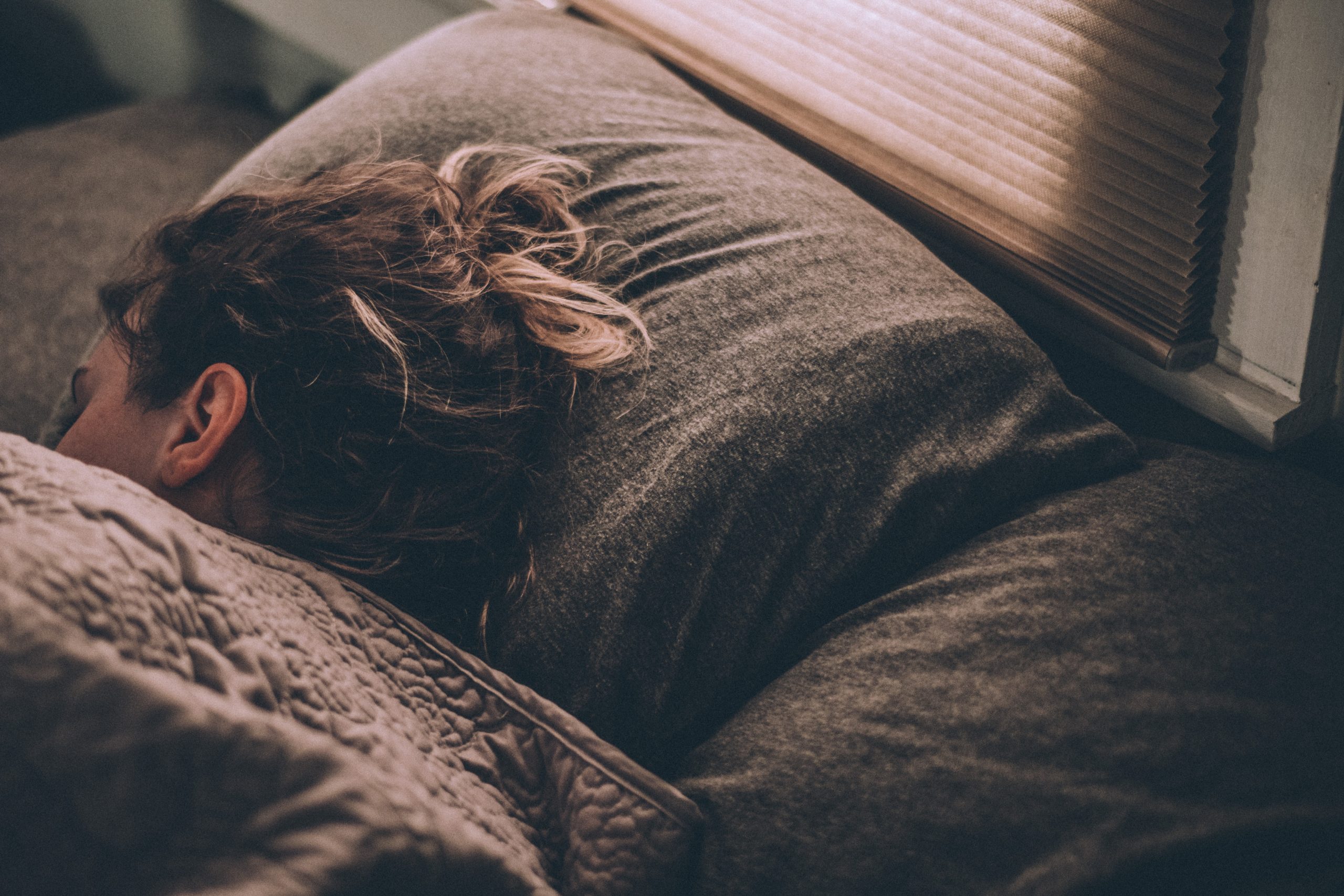The results underline the importance in taking the history of older adults’ sleep disturbance into account when determining their dementia risk profile.
People who have difficulty falling asleep within 30 minutes may be at a higher risk of acquiring dementia, a new study suggests.
The study, which was published in the American Journal of Preventive Medicine, also discovered that sleep medicine use was linked to the increased risk.
The study evaluated 10 years of data from the National Health and Aging Trends Survey on a nationally representative population of US-based people aged 65 and over.
The researchers discovered that difficulty falling asleep in 30 minutes and medication use were both associated with an increased risk of the cognitive illness, further discovering that those who had difficulty returning back to sleep after waking up were less likely to develop dementia throughout the course of the trial.
While the cause for this group’s lower risk is unknown, the researchers hypothesise that individuals may participate in activities that protect or increase cognitive reserve.
“We expected sleep-initiation insomnia and sleep medication usage to increase dementia risk, but we were surprised to find sleep-maintenance insomnia decreased dementia risk,” Dr. Roger Wong, Assistant Professor at SUNY Upstate Medical University said.
“The motivation behind this research was prompted on a personal level. My father has been experiencing chronic sleep disturbances since the COVID-19 pandemic began, and I was concerned how this would affect his cognition in the future.
“After reading the existing literature, I was surprised to see mixed findings on the sleep-dementia relationship, so I decided to investigate this topic.”
The researchers think they have identified possible preventative lifestyle changes that could lower the risk of dementia.
“By focusing on the variations in sleep disturbances, our findings can help to inform lifestyle changes that can reduce dementia risk,” said co-investigator Margaret Anne Lovier.
Previous studies have linked REM sleep behaviour, less than five hours of sleep and the use of short-acting benzodiazepines to cognitive deterioration.







